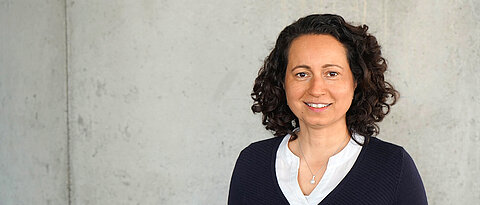
Cynthia Sharma studies how bacteria adapt to changing environments, focusing on RNA-binding proteins, about which very little is known so far. For this, she has now received an ERC Consolidator Grant endowed with two million euros.
more
Cynthia Sharma studies how bacteria adapt to changing environments, focusing on RNA-binding proteins, about which very little is known so far. For this, she has now received an ERC Consolidator Grant endowed with two million euros.
more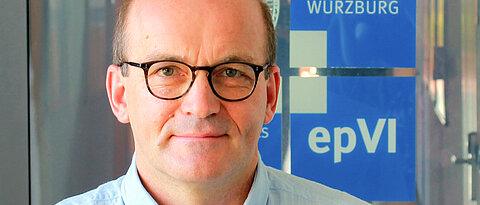
For foreign students or researchers who feel discriminated against at the university, there is a central contact person: the International Mentor.
more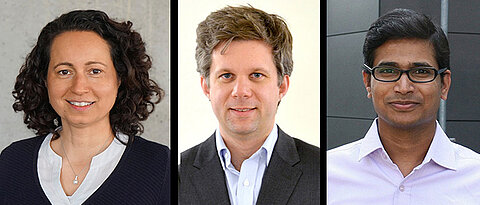
Infection biologist Cynthia Sharma, virologist Lars Dölken and chemist Prince Ravat win substantial funding for their research – ERC grants worth a total of 5.5 million euros.
more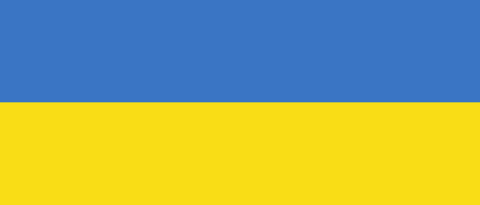
Russia’s attack on Ukraine doesn’t leave the academic community unaffected. Julius-Maximilians-Universität Würzburg (JMU) will halt its institutional collaborations with Russian partners for the time being; a dialogue between individuals is still possible.
more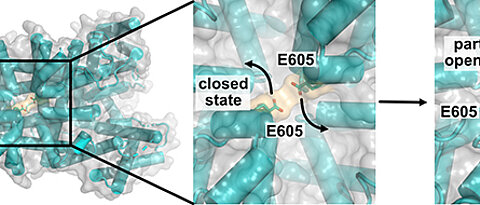
In humans, only nerves and muscle cells are electrically excitable, whereas in plants almost all cells are. This is due to a sophisticated mechanism in an ion channel of the vacuole.
more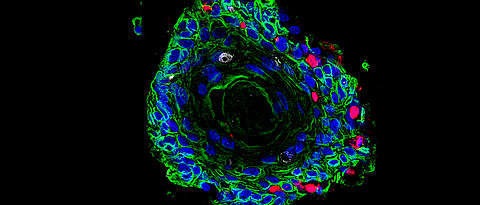
Infections with several pathogens simultaneously increase the risk of cervical cancer—these results from a study conducted on artificial 3D tissue models.
more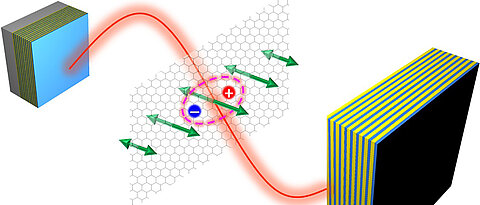
Würzburg researchers have highlighted and quantified a three-fold coupling between exciton, photon, and phonon in a microcavity with embedded two-dimensional materials.
more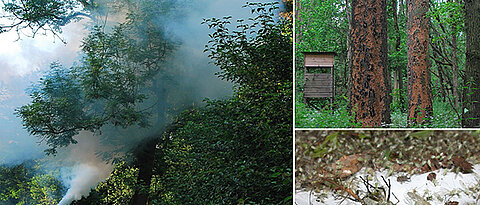
How do canopy insects react to the sudden disappearance of their host tree? A study in the floodplain forests along the river Elbe shows surprising results.
more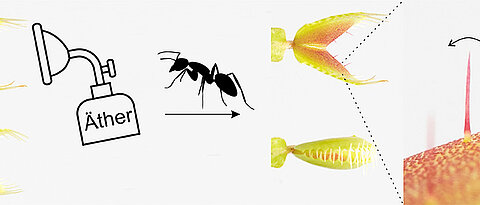
The carnivorous Venus flytrap can be anaesthetised with ether. Some surprising parallels to anaesthesia in humans emerge.
more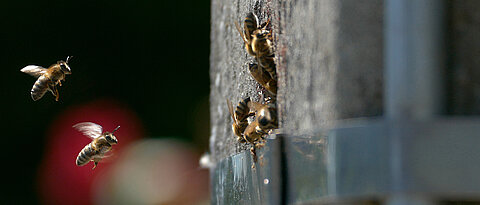
In northern Spain, wild honeybees use hollow electricity poles as nesting cavities. Natural areas in the surroundings promote the colonies’ chances to survive the winter.
more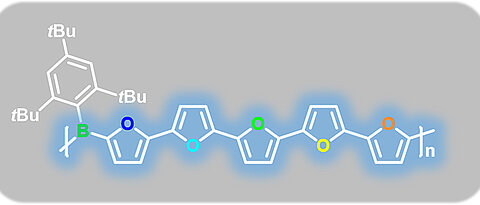
Producing materials for solar cells, light-emitting diodes and other organic electronics applications as sustainably as possible: A team from Würzburg's Faculty of Chemistry is working on this.
more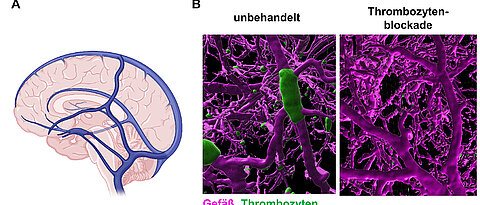
Cerebral venous thrombosis is a rare, often severe disease that has been brought to public attention by the Covid 19 pandemic. Researchers have now succeeded for the first time in deciphering a molecular cause of this disease.
more
Toward a new kind of superconductivity: An international team of physicists finds joint appearance of intricate quantum phenomena.
more
Human intelligence is closely associated with functional brain networks: The better these networks are developed, the easier it is for the brain to adapt to different tasks, this is shown by a new study of the University of Würzburg.
more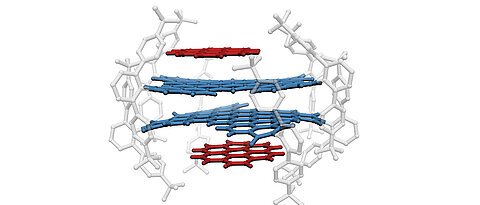
Several layers of nanographenes stacked on top of each other: such functional elements could one day be used in solar cells. Würzburg chemists have paved the way for this.
more